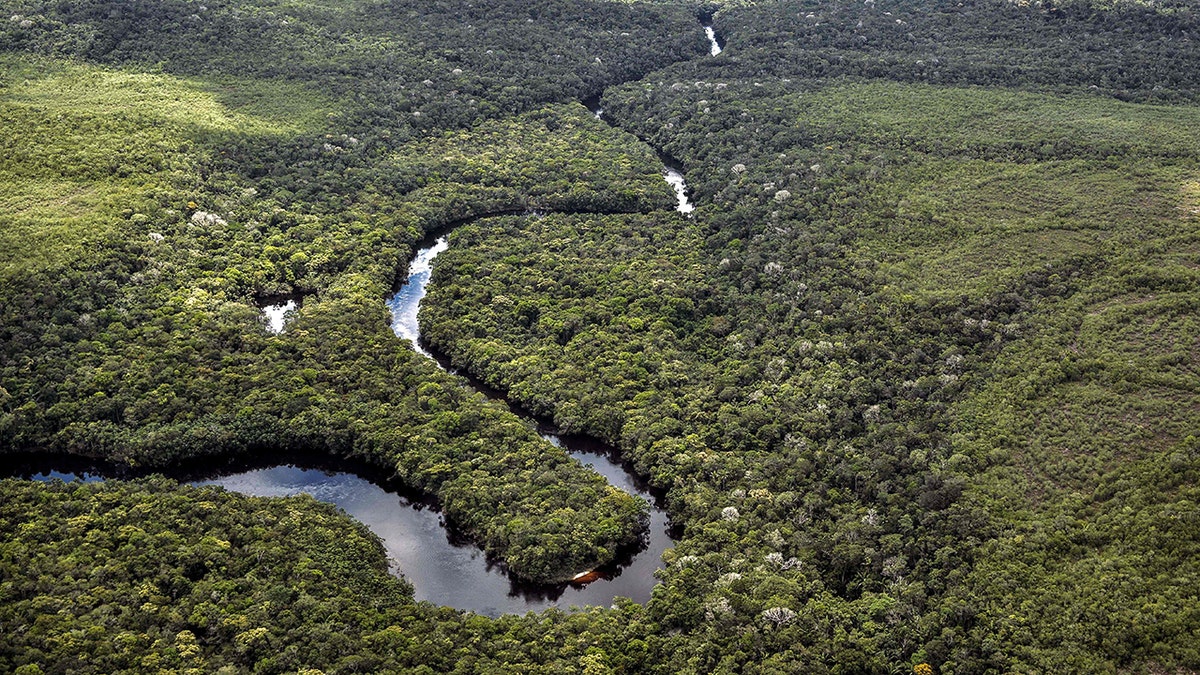
An aerial view of the Amazon rainforest. (Getty Images)
We are sucking the life out of our beautiful planet.
Up to 1 million species are at risk of extinction due to human activity, according to a draft of a U.N. report set to be released on May 6. Preliminary conclusions from the report were obtained by the French news agency AFP.
Human activity, such as overconsumption, illegal poaching, deforestation and fossil fuel emissions, are pushing ecosystems toward a point of no return. A quarter of known plant and animal species are already threatened — and the loss of species is tens to hundreds of times higher than it has been, on average, over the last 10 million years, AFP reported. [Wipe Out: History's Most Mysterious Extinctions]
Nature is buckling under the pressure, losing clean air, potable water, pristine forests, pollinating insects, fish populations, and storm-buffering mangroves.
More From LiveScience
What's more, three-quarters of the land, almost half of marine environments and half of inland waterways have been "severely" changed by human activity, according to the report. These changes will harm humans, especially indigenous groups and those living in the poorest communities.
One-hundred and thirty nations will meet in Paris on April 29 to examine the 44-page report that summarizes a 1,800-page assessment of scientific literature conducted by the U.N.
"The way we produce our food and energy is undermining the regulating services that we get from nature," Robert Watson, the chair of the group that compiled the report, told the AFP. The damage, he said, can be diminished only with "transformative change."
- The Reality of Climate Change: 10 Myths Busted
- Images of Melt: Earth's Vanishing Ice
- Predicting the Future of our Climate
Originally published on Live Science.








































